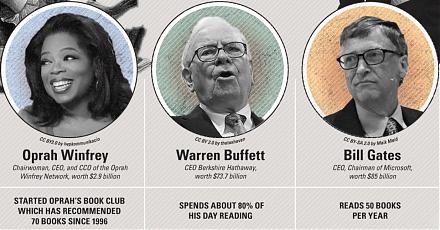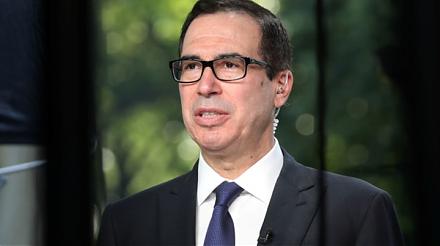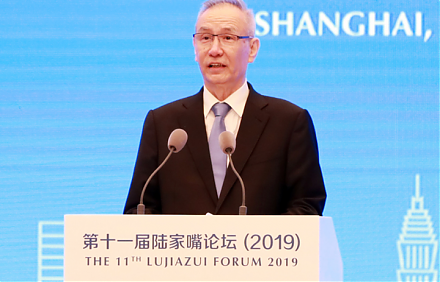

2017-12-13 06:39:00 Wed ET
technology social safety nets education infrastructure health insurance health care medical care medication vaccine social security pension deposit insurance
The Federal Communications Commission (FCC) has decided its majority vote to dismantle rules and regulations of most Internet service providers (ISPs) that connect consumers to the Internet. Deregulation grants broadband firms power to potentially reshape Americans' online experiences.
FCC has scrapped the "net neutrality rules" that previously prohibited ISPs from blocking websites or charging for higher-quality service or specific content. This net neutrality idea means that ISPs treat all web traffic the same. By dismantling these rules to view ISPs as "information service providers", the government will no longer regulate Internet delivery as if it were a public utility such as telephone.
The FCC action reverses the FCC's 2015 decision, which was made during the Obama administration, to impose stronger oversight over broadband providers as U.S. residents have migrated to the Internet for most online communication. Removing net neutrality rules reflects the view of the Trump administration and the new FCC chairman that this deregulation will eventually help promote better telecom innovation and infrastructure for ISPs to cover more suburban and rural areas. Now broadband firms such as Verizon, Comcast, AT&T, and Charter will be able to price various online activities that use bandwidth at difference rates.
Since video takes up more bandwidth than text and imagery, ISPs may charge more. Dismantling these rules may harm tech giants such as Facebook, Google, Amazon, Netflix, and Spotify etc. These large tech firms may be worse off while consumers may or may not receive fair and open online access to all websites.
If any of our AYA Analytica financial health memos (FHM), blog posts, ebooks, newsletters, and notifications etc, or any other form of online content curation, involves potential copyright concerns, please feel free to contact us at service@ayafintech.network so that we can remove relevant content in response to any such request within a reasonable time frame.
2026-02-02 12:30:00 Monday ET

With U.S. fintech patent approval, accreditation, and protection for 20 years, our proprietary alpha investment model outperforms most stock market indexes
2018-12-19 17:41:00 Wednesday ET

Tencent Music Entertainment debuts its IPO on NYSE to strike a chord with stock market investors. Tencent Music goes public and marks the biggest IPO by a m
2017-07-25 10:44:00 Tuesday ET

NerdWallet's new simulation suggests that a 25-year-old millennial who earns an inflation-free base salary of $40,456 and saves 15% each year faces a 99
2022-11-15 10:30:00 Tuesday ET

Stock market misvaluation and corporate investment payout The behavioral catering theory suggests that stock market misvaluation can have a first-order
2019-10-05 07:27:00 Saturday ET

Treasury Secretary Steven Mnuchin indicates that there is a good conceptual trade agreement between China and the U.S. in regard to intellectual property pr
2019-07-09 15:14:00 Tuesday ET

The Chinese new star board launches for tech firms to list at home. The Nasdaq-equivalent new star board serves as a key avenue for Chinese tech companies t